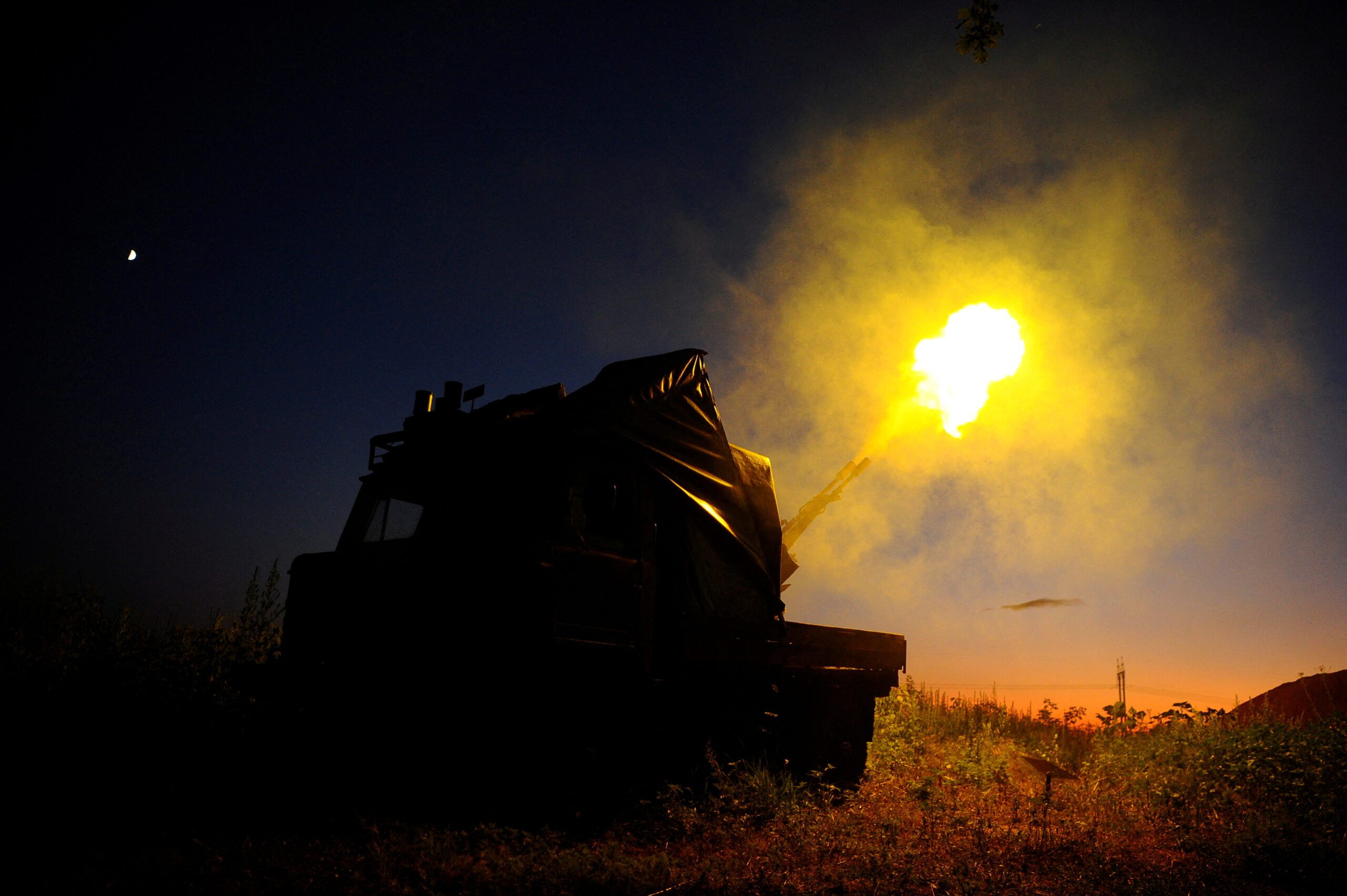
ICR’s Injunction is Denied
“It is a victory for Sea Shepherd, for environmentalists; It’s a victory for the whales.” -Charles Moure, Harris & Moure Law Firm
February 16 was a successful day in court for Sea Shepherd Conservation Society. The Institute for Cetacean Research (ICR) presented their preliminary injunction in the case of the ICR vs. Sea Shepherd.
In Seattle, Sea Shepherd’s legal team, Harris and Moure, presented a defense against the ICR’s attempt to halt Sea Shepherd’s activities in the Southern Ocean Whale Sanctuary. Judge Richard A. Jones denied the whalers’ motion for a preliminary injunction meaning Sea Shepherd has legal authority to continue anti-whaling activities in the Southern Ocean. Judge Jones made it clear that he would look at the reason why SSCS is in the Southern Ocean as well as the events taking place there-in other words the ICR’s illegal whaling activities are under as much scrutiny as the whalers’ claims against SSCS. The Harris and Moure team has filed a motion to have the entire case dismissed from the United States District Court. This motion has yet to be ruled on.
Here’s a sample of how the hearing went:
Judge Jones: “Now, typically in the application of a preliminary injunction that is a straightforward task. But it is complicated here because, it seems plain to me, if I grant the injunction that plaintiffs are requesting, then the plaintiffs will, without a doubt, continue to engage in their activity of killing whales.”
MR. NEUPERT (attorney for plaintiff): “[What Sea Shepherd does] is akin to what the Somali pirates do in their waters.”
THE COURT: “Counsel, don’t you see a remarkable difference between someone approaching you with an AK 47 and someone throwing beer bottles with butyric acid?”
MR. NEUPERT:Yes. It is a matter of degree. Does it satisfy the underlying act of violence? Yes, it does. I grant the court that there is a difference. Is it a difference of a sufficient kind to make a legal difference? I would argue that it is not. Because what the law of piracy is intended to do is to protec t ships in navigation on the high seas from having their navigation interfered with by violence, whatever kind of violence may be necessary under the circumstances, for private purposes.
…
I can’t argue that — These aren’t AK 47s. I can’t argue that they don’t do this with the intent of taking over the vessel and going off like a privateer in the old days. But they do engage in this conduct wit the intent of interfering with the navigation of a vessel on the high seas who has the absolute right to engage in navigation free of the risk of people boardng them at night.
When you have people approaching your ship at night at high speed, with weapons, you don’t know what’s going to happen. That’s one of the reason why we have this law of piracy. And, yes, there is butyric acid in one bottle. What’s in the next bottle? There is no guarantee these defendants in order to achieve their objectives won’t ratchet up the risk of harm to the plaintiffs.
To read the entire transcript of the hearing, please click HERE.

 Join The Club
Join The Club











